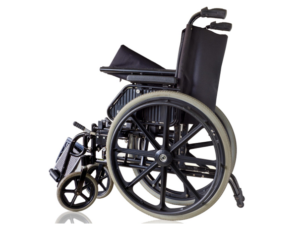Case Study – Ethical Dilemma in Difficult Discharge Planning
Case Study – Ethical Dilemma in Difficult Discharge Planning
Legal Guardian Insists on Medically Inappropriate Discharge Location
 By Ryan Pferdehirt, DBe, HEC-C and Cassie Shaffer Johnson, MA
By Ryan Pferdehirt, DBe, HEC-C and Cassie Shaffer Johnson, MA
February 2025
Bioethics case study on an ethical dilemma in difficult discharge planning.
Mr. Aldar, an 84-year-old male with dementia, was brought to the hospital after being found unresponsive at his care facility. He is unmarried, has no children, and has a nephew, Tony, who has been involved in his care. However, Tony has shown reluctance to fully engage in his uncle’s medical decisions. He believes that he only signed Mr. Aldar into the care facility as a favor to his late mother, Mr. Aldar’s sister, and feels his responsibilities end there.
Upon admission to the hospital, the medical team discovered that Mr. Aldar is also suffering from acute kidney failure and will require dialysis. However, the care facility where he was previously living is unable to provide dialysis services, meaning he would need to be transferred to another location that can accommodate his medical needs. After numerous attempts, the medical team finally reached Tony, who insisted that Mr. Aldar should return to his previous care facility. Tony expressed that he would not consent to discharge to any other location. The medical team has explored the possibility of going to court for a new guardian but was advised that this would likely not succeed, as Mr. Aldar already has a legal guardian — his nephew Tony.
Until the team can identify an appropriate discharge location that meets Mr. Aldar’s needs, including dementia care and dialysis, and that Tony approves, Mr. Aldar will remain in the hospital. The ethics committee has been consulted to help navigate the situation and determine the best course of action.


